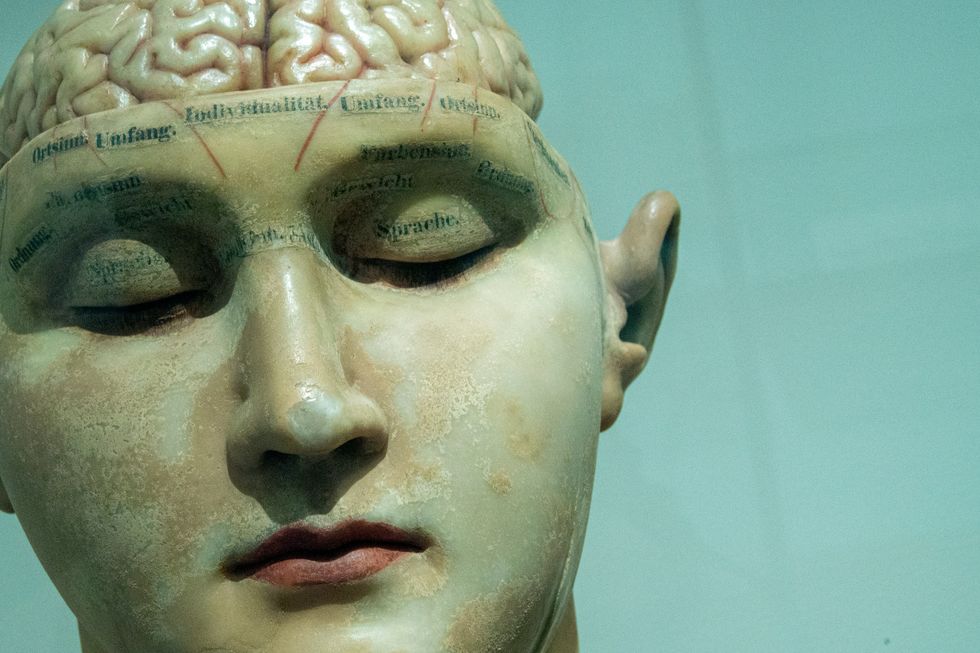Though conditions such as hernias or bone fractures may not capture the imagination quite the way deadly outbreaks do, more people die each year from lack of surgical intervention than from HIV/AIDS, tuberculosis, and malaria combined. Yet only 6.3 percent of the 312.9 million annual surgical procedures go to the poorest third of the global population. One obstacle may be lack of funds—it would take an estimated $350 billion to train personnel and build up the necessary capacity to bring fast care to even 80 percent of those who need it. But that’s a steal: Lost economic output due to surgically treatable conditions will cost $12.3 trillion by 2030. An even bigger problem has been lack of sustained international interest.
Fortunately, surgery is starting to emerge from the periphery of global health, as a number of specialized organizations are bringing doctors and surgical infrastructure to the developing world. Find out which standard procedures have big impact below.
Eyes
Cataract
Condition:A clouding of the lens that impedes vision.
Fact:Cataracts are the world’s leading cause of visual impairment and the leading cause of blindness in the developing world.
Organization:Since 1990, the Lions Clubs International Foundation’s SightFirst program has provided support for more than 7.84 million sight-restoring cataract surgeries around the world.
Teeth
Periodontal disease
Condition: Infection of the gums and other structures around the teeth, which can lead to severe pain and tooth loss and often requires surgical intervention.
Fact:Tooth decay is the most common chronic disease in the world, and dental conditions account for $144 billion in lost global productivity every year.
Organization: Prevention is especially important when it comes to teeth. Health Volunteers Overseas increases capacity by training surgeons and dentists in Africa, where the dentist-to-population ratio is currently 1-to-150,000 (compared to 1-to-2,000 in most industrialized countries).
Heart
Congenital heart defect
Condition: A general term for abnormalities such as a hole in the heart, leaky valves, or defective vessels.
Fact: This is the most common birth defect, affecting 1 in 100 children.
Organization:Heart Care International uses a two-pronged approach, building long-term surgical capacity by sending medical volunteers to train staff and nurses around the world, while offering treatments in the most urgent cases.
Pelvis
Obstetric fistula
Condition:Obstructed labor presses an unborn child tightly against the mother’s pelvis, leading to lack of blood flow that can cause tissue to become necrotic, resulting in incontinence.
Fact:The World Health Organization estimates there are more than 2 million women living with obstetric fistula, with 50,000 to 100,000 new cases each year. The condition frequently results in spousal abandonment and subsequent financial disaster
Organization:Fifty percent of the world’s population live within 100 miles of a coast, so Mercy Ships came up with a novel way to reach them: a huge ship stocked with state-of-the art surgical facilities. Volunteer surgeons treat conditions like obstetric fistula while training local nurses and doctors and building surgical facilities in Africa.
Extremities
Open fracture
Condition:A break that leaves part of the bone sticking out through the skin and requires an emergency operation to repair.
Open fracture: Due to the frequency of automobile accidents, poor or nonexistent sidewalks, and inadequate workplace safety standards, 90 percent of severe fractures occur in developing nations.
Organization: Doctors Without Borders sends surgeons to conflict settings, where shrapnel makes fractures common. Orthopedic surgeons work in clinics that often don’t have basic equipment, including X-ray machines.















 Big Brain GIF by Jay Sprogell
Big Brain GIF by Jay Sprogell
 Shake It Off Wet Dog GIF by BuzzFeed
Shake It Off Wet Dog GIF by BuzzFeed
 Working out with friends also makes exercise more enjoyable (and feel quicker).Photo credit: Canva
Working out with friends also makes exercise more enjoyable (and feel quicker).Photo credit: Canva
 People with Imposter Syndrome can't accept their achievements.
Photo by
People with Imposter Syndrome can't accept their achievements.
Photo by  Emotion Feeling GIF by Quilt
Emotion Feeling GIF by Quilt Psychologist - Free of Charge Creative Commons Notepad 1 image
Psychologist - Free of Charge Creative Commons Notepad 1 image
 Human anatomy model.
Photo by
Human anatomy model.
Photo by 
 Socks warm your feet, but cool your core body temperature.Photo credit: Canva
Socks warm your feet, but cool your core body temperature.Photo credit: Canva
 A new t-shirt could open up more hospital beds for patients.Photo credit: Canva
A new t-shirt could open up more hospital beds for patients.Photo credit: Canva Wearable solutions could be revolutionary.Photo credit: Canva
Wearable solutions could be revolutionary.Photo credit: Canva Many wearable tech devices could help you monitor your health.Photo credit: Canva
Many wearable tech devices could help you monitor your health.Photo credit: Canva